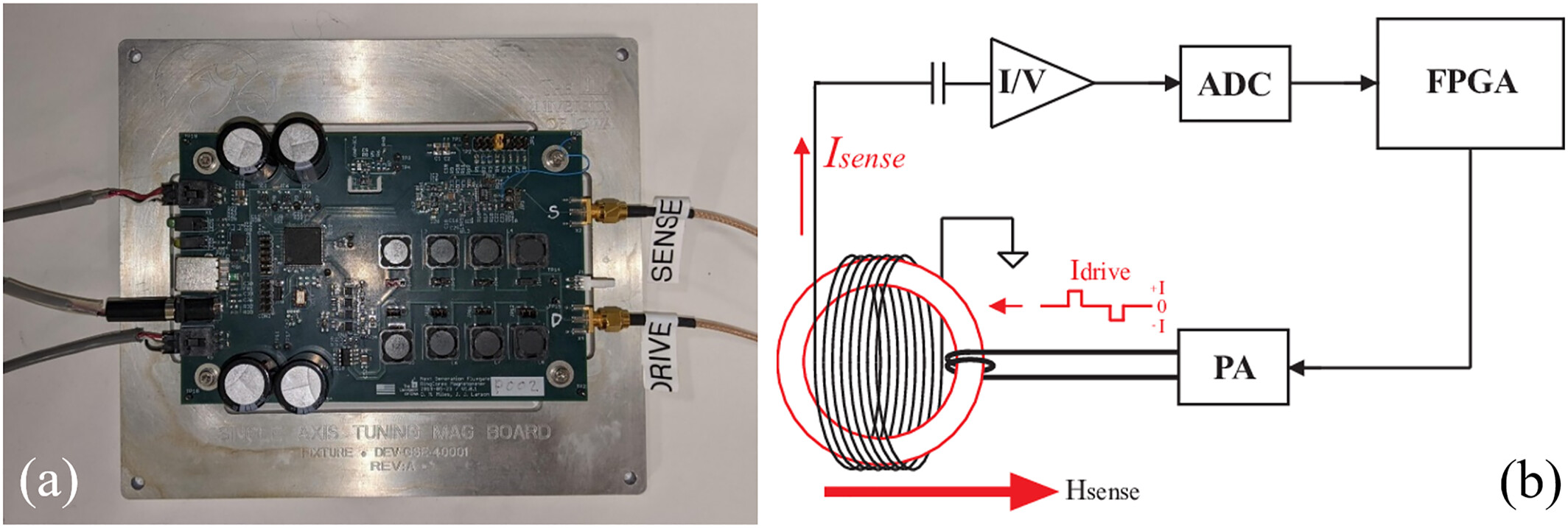
A leading space physics journal recently published a paper written by Graduate Research Assistant Kenton Greene, who devised a low-cost method to understand how temperature changes experienced in space affect fluxgate magnetometer measurements.
The article “On the Impact of Thermal Gradients Across Fluxgate Sensors on In Situ Magnetic Field Measurements” was published June, 16 2023 in the Journal of Geophysical Research - Space Physics.
Greene was the lead author of the paper; Aerospace Project Engineer Christian Hansen and Assistant Professor David Miles were co-authors.
Fluxgate magnetometers are important tools for studying magnetic fields in space. However, when a fluxgate sensor is exposed to changing temperatures on-orbit, the baseline measurement can be unstable, making it harder to accurately measure small magnetic fields. Some fluxgates are theorized to experience on-orbit instabilities that are related, not just to the average temperature of the sensor, but also to differences in temperature across the sensor.
Greene and the research team used a laboratory testing method to explore the relationship of temperature differences across a sensor to changes in the instability of the measurement. While they observed a strong relationship between changes in instability and the average temperature of the sensor, they did not observe a meaningful relationship between instability and differences in temperature across the sensor. This research helps us understand how to calibrate and correct on-orbit magnetic field measurements.


